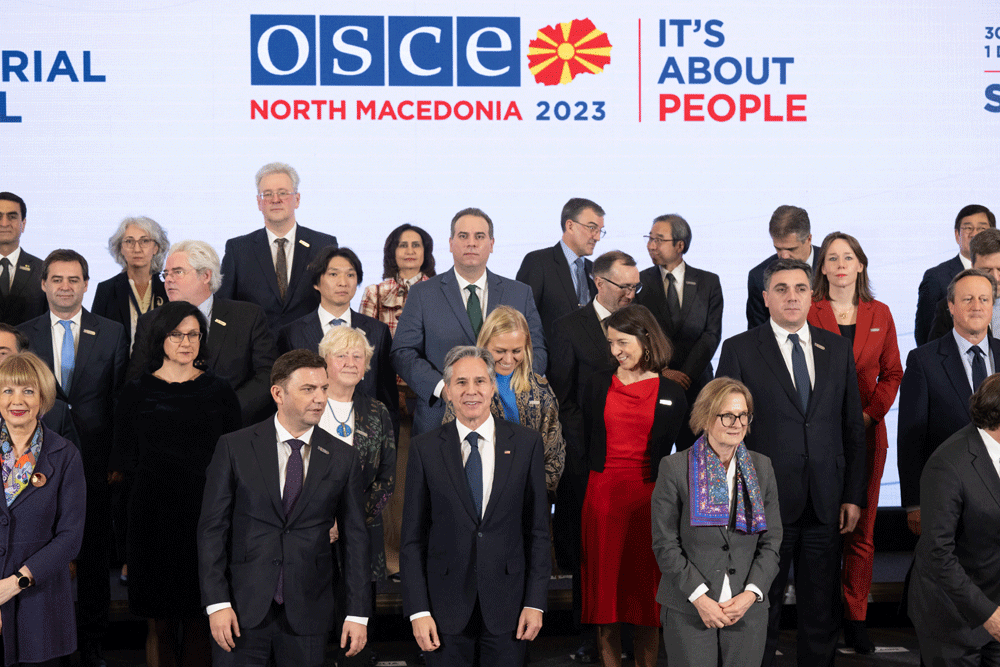In a thought-provoking session of “Conversations with Brenton,” Dr. Mentor Beqa, the Executive Director of the Institute “Sami Frashëri” and an accomplished scholar in political science, delves into the essence and significance of nationhood. This episode, steered by the adept host Brenton Kotorri, embarks on an exploratory journey into what binds a distinct group of people together, compelling them to collectively envision a future.
Key Discussion Points:
Definition of a Nation: Dr. Beqa offers profound insights into the concept of a nation, beyond the confines of nationalism, emphasizing the shared aspirations, history, and cultural identity that unite people. The Role of Imagination in Nationhood: Highlighting the power of collective imagination, the conversation navigates through how nations are formed not just by shared geography but by the shared dreams and narratives of their people. Societal and Cultural Connectivity: The episode enriches the discourse on how nations contribute to the fabric of global diversity, fostering a sense of belonging and identity among individuals. Dr. Beqa’s participation in “Conversations with Brenton” sheds light on the intricate layers of nationhood, offering listeners a deep dive into the constructs that hold societies together. This engaging dialogue serves as a valuable contribution to understanding the foundations of communal living and the future of nationhood in a rapidly changing world.
For those intrigued by the dynamics of nations and the collective journey of people, this episode featuring Dr. Mentor Beqa is a must-listen. Catch the full conversation on “Conversations with Brenton” through this link: https://www.youtube.com/watch?v=U56aKE_5bms.


 Share on WhatsApp
Share on WhatsApp
 Share on Facebook
Share on Facebook

